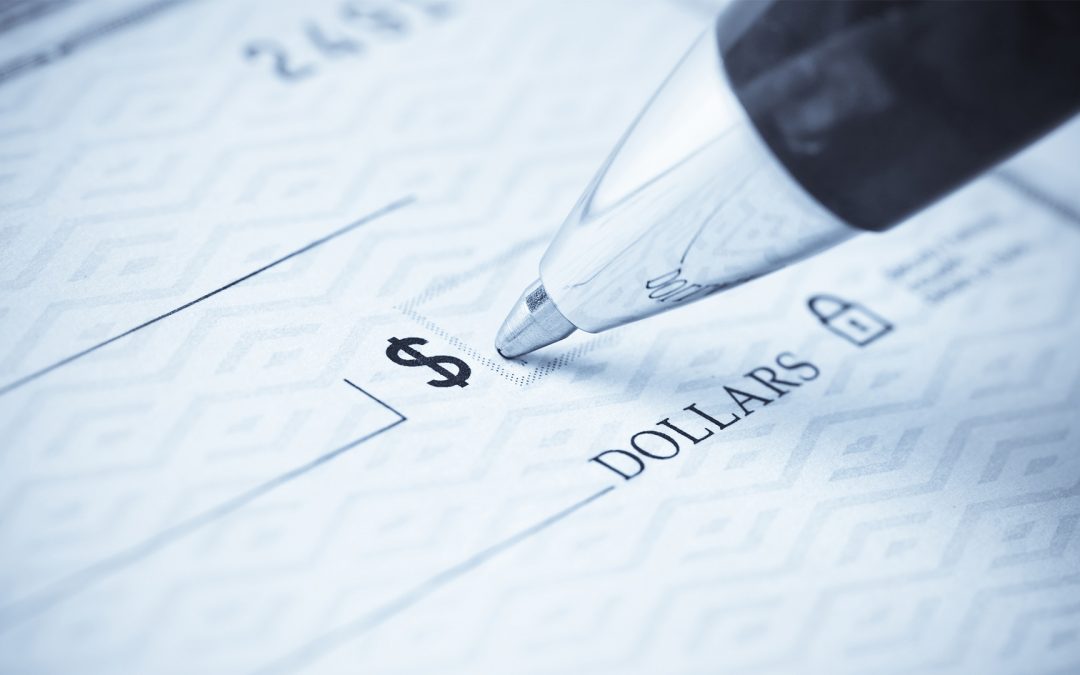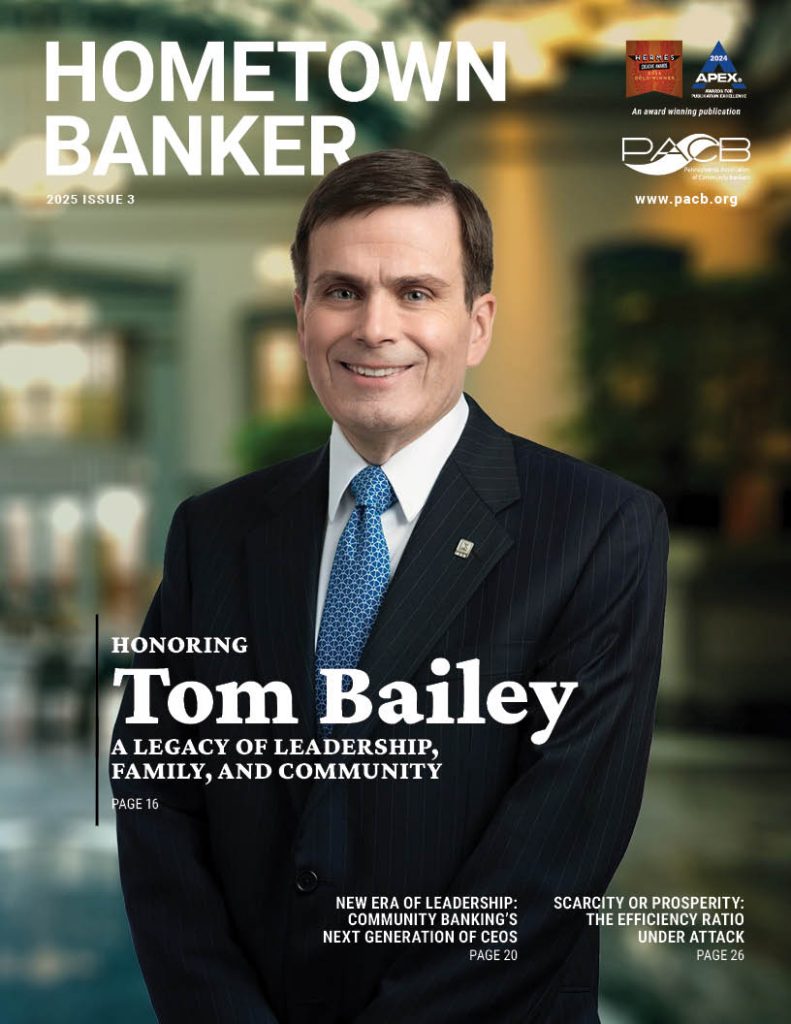Use of checks is fading away. According to the Federal Reserve, in 2022 Americans wrote roughly 3.4 billion checks, down from nearly 19 billion checks in 1990.
Meanwhile, last year banks issued double the number of check fraud reports they did in 2021. One expert predicts total check fraud will near $24 billion this year – approximately twice what it was five years ago.
Check fraud is a low-tech and relatively easy crime to commit. The criminals steal checks from residential mailboxes or post office drop boxes. Then they “wash” them by removing the ink, selling the check, or writing in whatever they want.
Earlier this year, three members of the Senate committee on Banking, Housing, and Urban Affairs sent a letter to the American Bankers Association (ABA) warning that check washing “has become an elaborate and organized method of successfully scamming consumers and banks.”
“Consumers should not be left waiting for their accounts to be made whole again,” the senators wrote. “It is the responsibility of banks to properly address these concerns and to reimburse consumers in a timely manner.”
The ABA responded:
“We share the senators’ concern about the rise in check washing and look forward to detailing what ABA and our members are doing to protect consumers. We hope the senators will join our efforts to educate the public on how to avoid check fraud and also encourage the U.S. Postal Service, law enforcement and other stakeholders to work more closely with the industry to prevent these crimes from happening in the first place.”
The Independent Community Bankers of America (ICBA) has been actively monitoring the increase in fraud and has issued a similar statement: “Policymakers should provide law enforcement and the U.S. Postal Inspection Service (USPIS) with the resources and incentives necessary to fight this issue at the source and help community banks work with the bank of first deposit to ensure that all participants of the check process are abiding by the proper laws and regulations to ensure funds are appropriately reimbursed.”
How can your bank help in preventing check fraud? The ICBA has the following recommendations:
- Train all front-line staff to spot forged and altered checks and other check scams. Stop the fraud as the bank of first deposit.
- Encourage customers to deliver checks in person when possible, and educate consumers about ACH options and other, more secure payment options.
- Check with customers to confirm checks.
- Review internal procedures for when the bank is the drawee and consider how to automate the process.
Despite the increased use of digital and electronic methods of payment, checks are not going away anytime soon. Understanding the vulnerabilities, vigilant monitoring and educating staff and customers will go a long way in stopping criminals from stealing from innocent victims.


